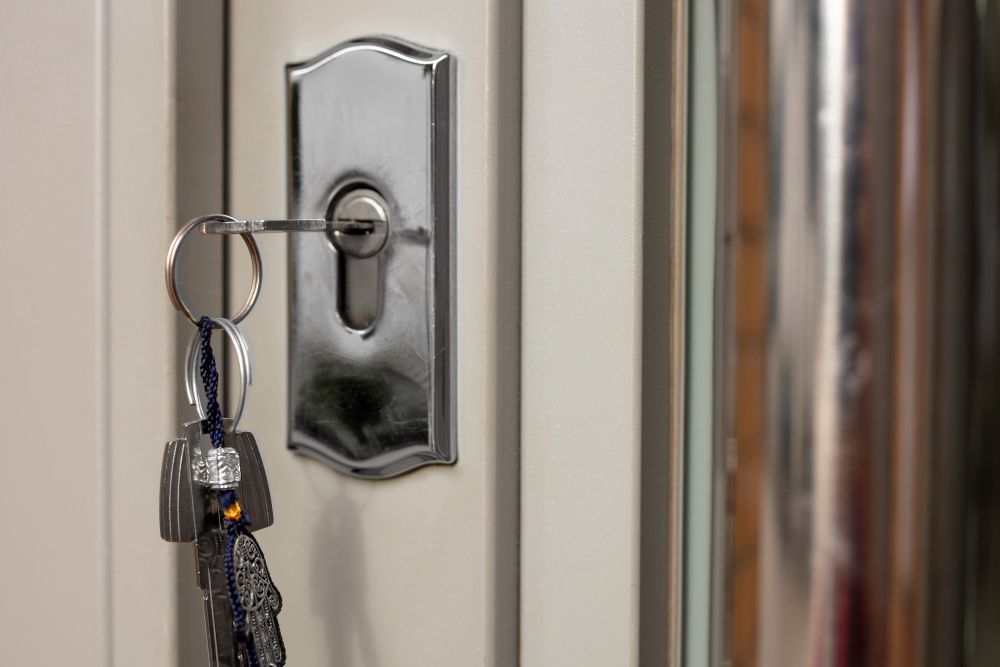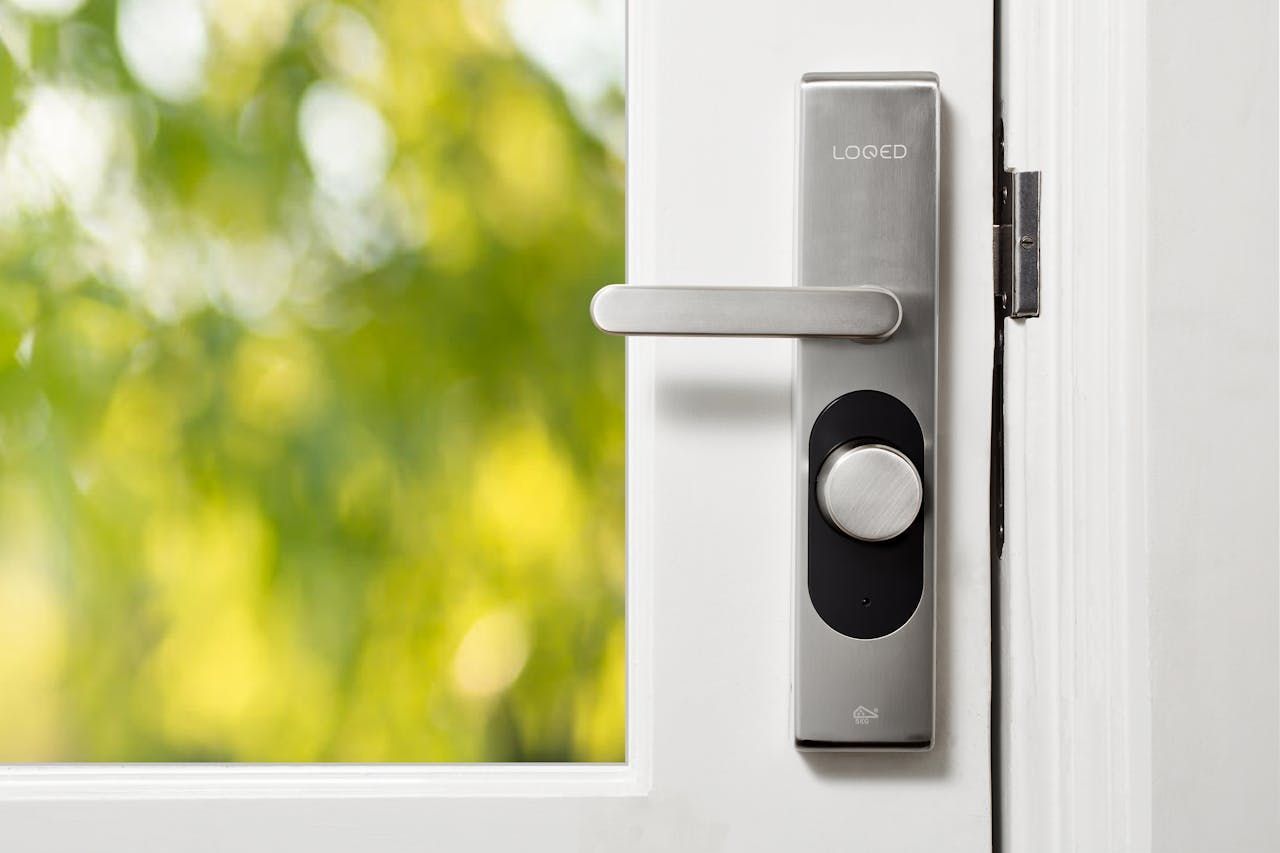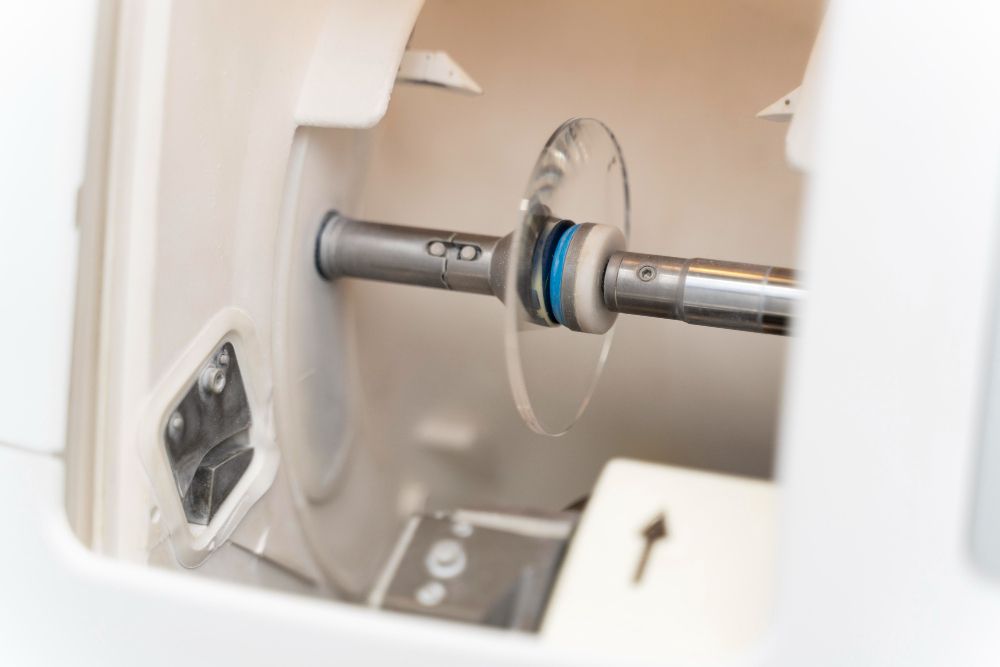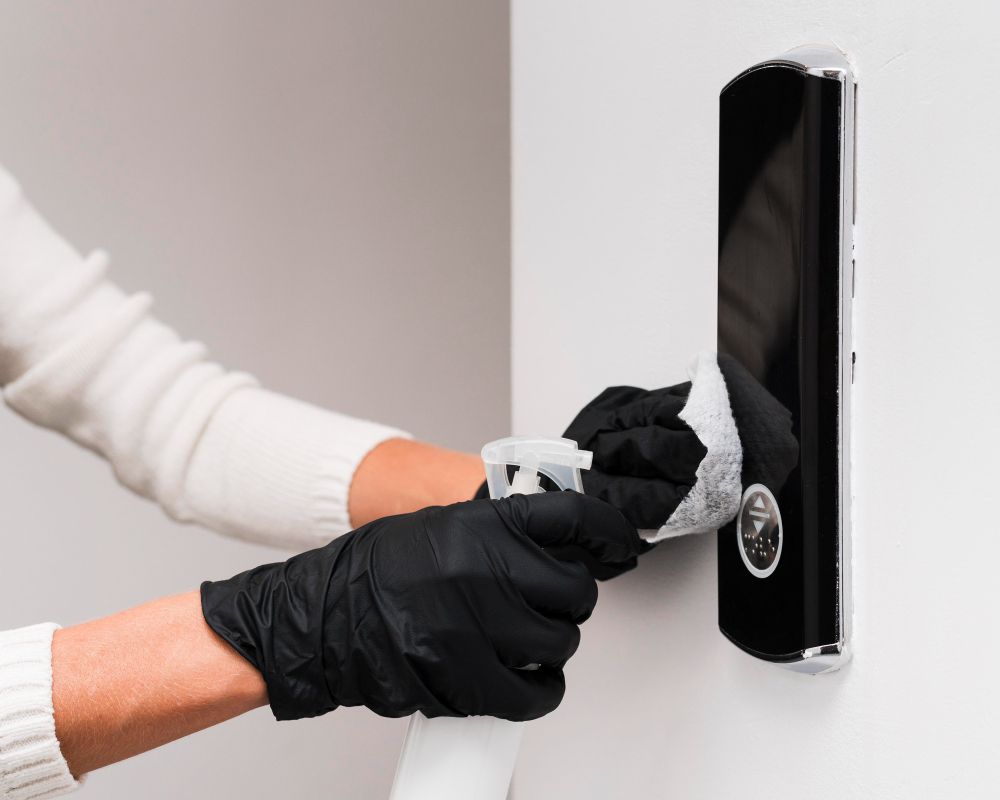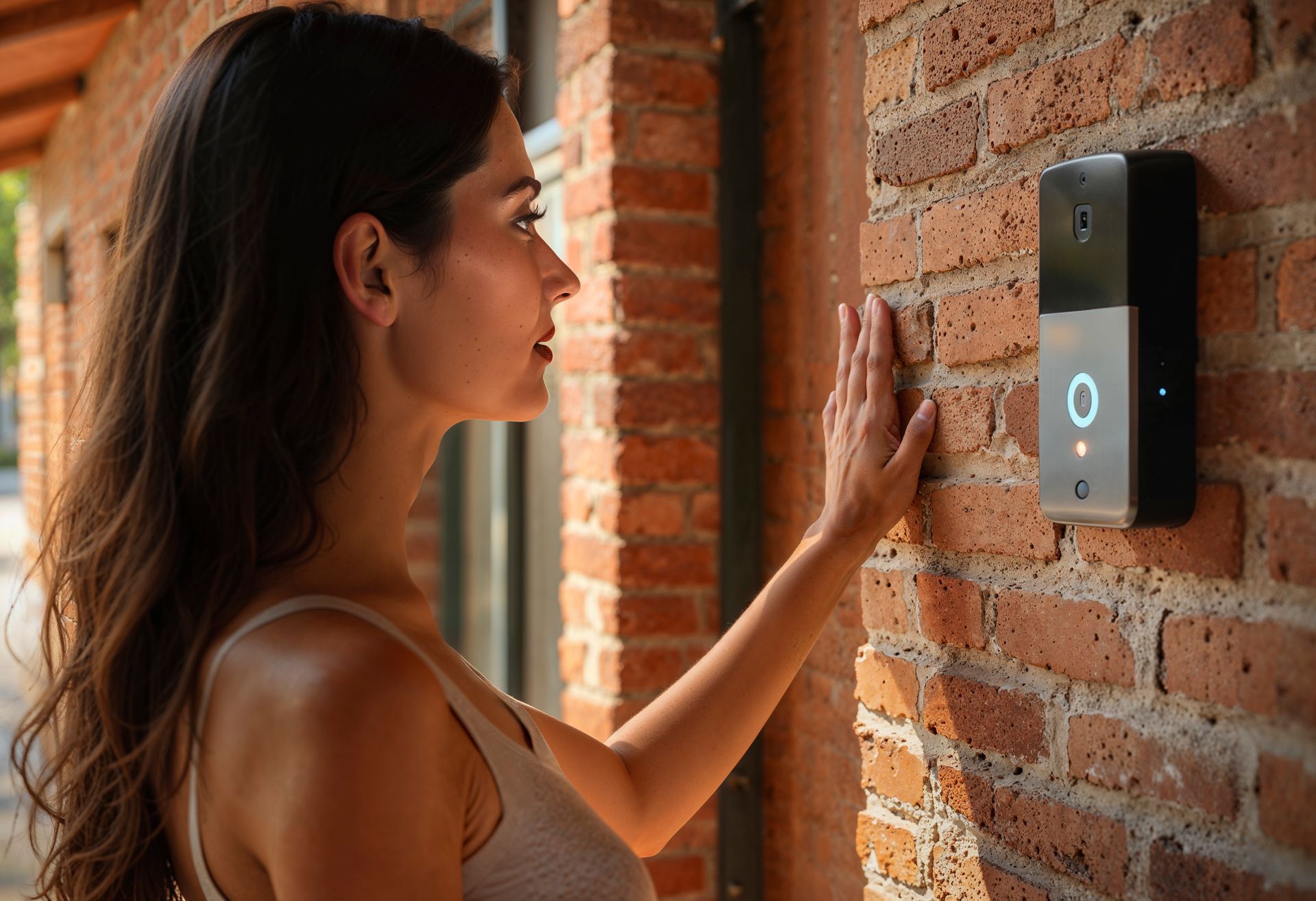Why Your Car Trunk Won’t Open or Lock: Common Problems and Fixes
February 23, 2024
Introduction
It’s frustrating when your car trunk refuses to open or stay locked. Whether you’re trying to load groceries, access your tools, or secure your belongings, a faulty trunk lock can quickly become a problem.
Trunk locks fail for several reasons—mechanical wear, electrical faults, or even alignment issues. In this article, we’ll break down the most common causes of trunk lock problems, how to spot the warning signs, and when it’s time to call a locksmith for professional help.
What the Trunk Lock Does
The trunk lock is part of your car’s overall locking system. It uses a latch and cylinder to keep the boot closed and secure. In modern cars, the trunk lock also connects to electrical components such as the actuator and key fob system, allowing remote locking and unlocking.
Because it’s frequently exposed to weather, vibrations, and everyday use, the trunk lock is prone to wear and mechanical stress. Over time, parts can become misaligned, corroded, or fail entirely.
Common Causes of Trunk Lock Problems
Intro to this list: A trunk that won’t open or lock usually has one of a few underlying issues. Understanding them can help you identify the right fix faster.
1. Worn or damaged latch components
Constant use can wear out the latch mechanism, making it harder for the trunk to lock or release. In some cases, the spring or internal latch pin breaks, causing the trunk to get stuck.
2. Faulty actuator or wiring
Many modern cars rely on an electrical actuator to lock and unlock the trunk. When wiring is damaged, connectors are corroded, or the actuator motor fails, the trunk may stop responding to your key fob or button.
3. Frozen or jammed lock cylinder
Cold weather, dust, or debris can jam the trunk lock cylinder, preventing the key from turning. Moisture that freezes inside the lock is a common cause during winter months.
4. Misaligned latch or striker
A misaligned latch makes it difficult for the trunk to close or stay locked. This can happen after a rear impact, worn hinges, or when the trunk lid becomes slightly bent.
5. Faulty remote or central locking system
Sometimes, the problem isn’t in the lock itself but in the car’s central locking system. A weak key fob battery or malfunctioning remote sensor can stop the trunk from responding to unlock commands.
Warning Signs of Trunk Lock Failure
Intro to this list: Most trunk lock issues don’t happen overnight. Here are common signs that your trunk mechanism is wearing out.
The trunk won’t stay closed
If your trunk keeps bouncing open after closing it, the latch may not be catching properly or is out of alignment.
The key doesn’t turn smoothly
If the key feels stiff, sticks, or won’t insert fully, debris or corrosion inside the lock cylinder may be to blame.
The trunk doesn’t respond to the remote
If pressing the key fob button doesn’t release the trunk, it could point to a faulty actuator or an electrical issue.
Unusual noises when locking or unlocking
Grinding or clicking sounds near the trunk area can indicate that the actuator motor is straining or close to failure.
Intermittent locking and unlocking
If your trunk works sometimes but not always, loose wiring or moisture inside the actuator may be the cause.
How a Locksmith Can Help
When your trunk won’t open or lock, a qualified automotive locksmith can diagnose and manage the issue efficiently.
1. On-site inspection and diagnostics
A locksmith can inspect the latch, actuator, and wiring to identify whether the problem is mechanical, electrical, or both.
2. Repair or replacement of faulty components
If parts such as the actuator or latch are worn or damaged, a locksmith can replace them without needing to go to a dealership.
3. Unlocking a jammed trunk
If the trunk is stuck shut, a locksmith has the tools and techniques to open it without causing damage to your vehicle.
4. Key or remote reprogramming
If the trunk issue is caused by a faulty remote or key fob, a locksmith can replace the battery, reprogram the remote, or cut a new key that works with your system.
5. Preventive maintenance
A locksmith can lubricate the trunk lock, clear debris, and make small adjustments to prevent future issues.
Tips to Prevent Trunk Lock Problems
Intro to this list: A few maintenance habits can go a long way in keeping your trunk lock working smoothly.
- Avoid slamming the trunk lid; close it gently to prevent latch misalignment.
- Clean and lubricate the lock cylinder regularly to remove dust or grime.
- Check the trunk’s rubber seals to keep moisture out.
- Replace worn key fob batteries before they die completely.
- Schedule a locksmith inspection if you notice stiffness or strange noises.
Frequently Asked Questions
Why won’t my trunk close all the way?
The latch or striker may be misaligned, preventing the mechanism from engaging fully.
Can I fix a stuck trunk myself?
You can try lubricating the latch or using the manual release lever if your car has one. If the problem continues, contact a locksmith to avoid damage.
Why does my trunk open but not lock?
This could indicate a faulty actuator or wiring issue within your central locking system.
Can a locksmith fix my trunk lock?
Yes. Locksmiths can repair or replace mechanical and electronic components, rekey the lock, or fix issues with your key or remote.
How much does it cost to repair a trunk lock?
Prices depend on your vehicle model and whether the issue is mechanical or electrical. Locksmith repairs are generally more affordable than dealership services.
Conclusion
A faulty trunk lock can quickly go from a small inconvenience to a serious security concern. Whether it’s a broken latch, failed actuator, or electrical fault, early diagnosis can save you time and stress.
Calling a qualified locksmith ensures your trunk lock is repaired correctly and prevents further damage. With regular maintenance and a few good habits, you can keep your trunk locking smoothly for years to come.
